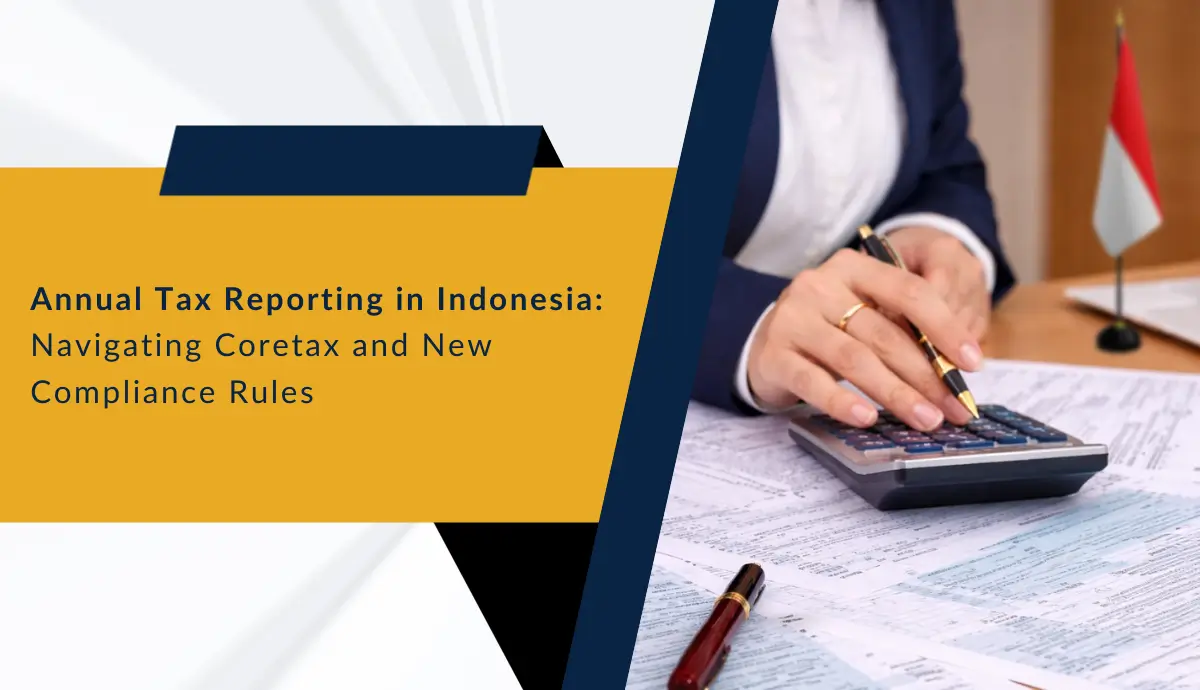Understanding what your company is worth is the first step in negotiating a successful sale. Common metrics used in valuation include:
1. EBITDA (Earnings Before Interest, Taxes, Depreciation, and Amortization)
EBITDA is often considered one of the most reliable indicators of a company’s operating performance because it focuses on the core profitability of the business, excluding non-operational costs like interest expenses, tax liabilities, and non-cash expenses (depreciation and amortization). This gives potential buyers a clearer picture of your company’s ability to generate cash flow from its operations.
By using EBITDA, you can highlight how well your business is performing without the influence of accounting practices or financial structuring. It’s often used in comparison to other companies in your industry to assess whether your business is operating more efficiently or generating higher profits. In M&A, a strong EBITDA margin can be persuasive in negotiations, as it signifies that the company has a strong potential to generate returns.
2. Revenue Multiples
Revenue multiples are a common approach for valuing companies, particularly in industries where profitability may fluctuate or be less consistent, such as tech startups or early-stage businesses. This method involves comparing your company’s revenue to that of similar businesses in the same industry to determine a fair value. The multiple is typically derived from the sale prices of comparable companies that have recently been sold or publicly listed.
Revenue multiples provide a quick snapshot of how your business performs in relation to industry standards, which can be helpful in negotiations. However, the key is finding relevant and comparable companies, as the multiple can vary significantly across sectors, business stages, and regions. It’s important to consider factors such as market position, customer base, and growth trajectory when assessing this metric.
3. Discounted Cash Flow (DCF) Analysis
Discounted Cash Flow analysis is a more detailed method used to value a company based on its projected future cash flows.
It involves forecasting your company’s expected cash flows over a set period (usually 5-10 years) and then discounting those cash flows to their present value using an appropriate discount rate (often reflecting the company’s cost of capital or the risk associated with the investment).
The DCF method is considered more comprehensive than EBITDA or revenue multiples because it takes into account the long-term financial performance and potential growth of your business. It allows potential buyers to assess how much your company will generate in future earnings and weigh it against the risk of the investment.
This approach is particularly useful for businesses with high growth potential or predictable revenue streams. However, the accuracy of a DCF depends heavily on the assumptions made about future growth and the discount rate, making it essential to use realistic and data-backed projections.
To justify your asking price, gather data-driven insights that demonstrate your company’s value. Highlight consistent revenue growth, high customer retention rates, or innovative products that differentiate you from competitors.













